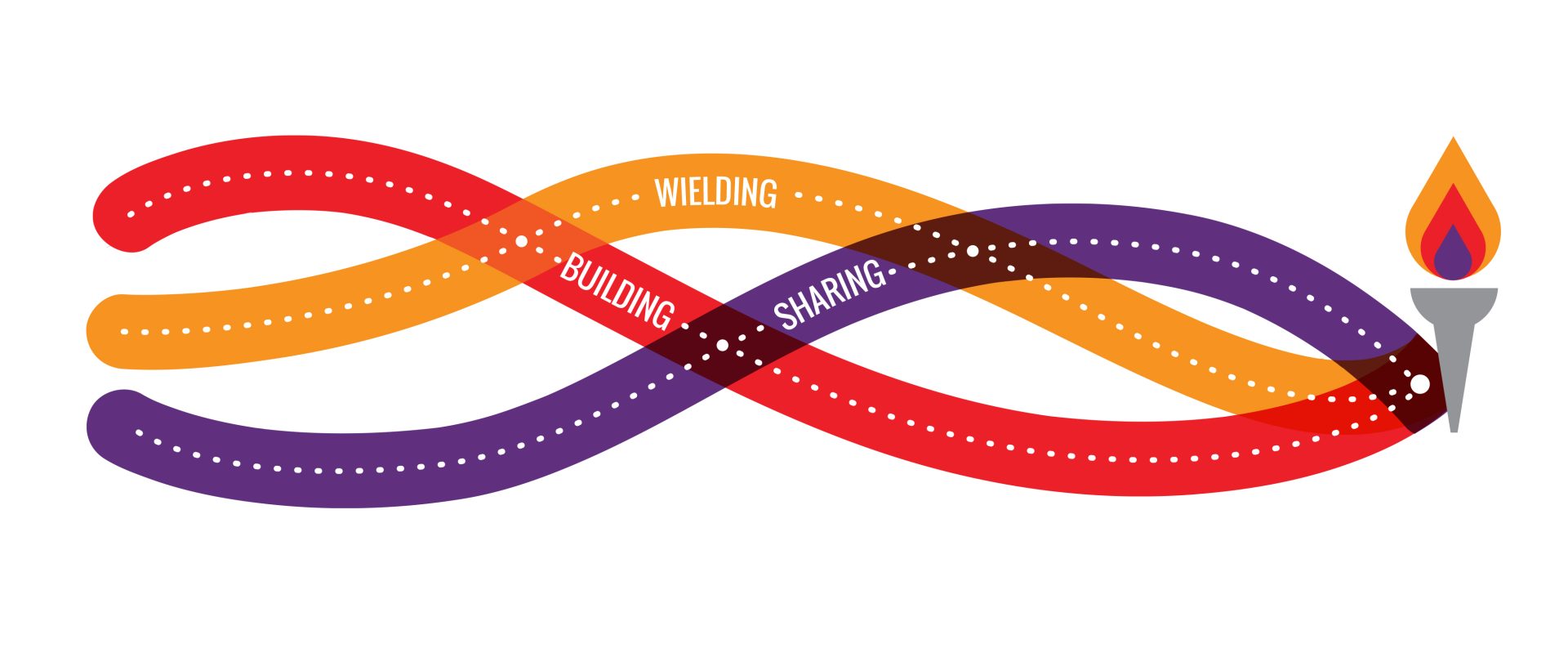What does power have to do with equity? How can grantmakers better leverage power to help drive lasting, positive change in our communities?
As the philanthropic sector’s interest in racial equity has grown, there has been limited explicit discussion of the role of power and privilege, which funders must grapple with to truly change inequitable systems.
In May, NCRP hosted the first in a series of webinars on NCRP’s exciting new toolkit, Power Moves: Your essential philanthropy assessment guide for equity and justice.
The presentation, “Make Your Power Move: Tools for your foundation’s equity journey,” cosponsored by Neighborhood Funders Group (NFG) and PEAK Grantmaking, featured three philanthropic pioneers’ insights on power, privilege and risk.
Why focus on power?
Hanh Le, executive director of the Weissberg Foundation, noted that funders are “swimming in power,” yet it is often viewed negatively because it has been used to perpetuate and perpetrate inequity. She cited Citizen University founder Eric Liu, who has argued that power self-justifies, power compounds, and power is infinite, which means it can be created, thus adding to the imperative for grantmakers to come to terms with their own power, address systemic power and help create community power.
https://twitter.com/peakgrantmaking/status/1001901646073487362
Really appreciating this webinar! – "Make Your Power Move: Tools for your foundation’s equity journey" #PowerMovesEquity https://t.co/3Mah7Q9Te6
— ash (@takin_notes) May 30, 2018
Gita Gulati-Partee reflected on her experience consulting extensively on equity issues as founder and principal of OpenSource Leadership Strategies. Her clients often express a dissatisfaction with the progress they are making towards equity and a curiosity about why, which leads them to an examination of power. She cautioned that many practitioners want “checklists”– tools that they can easily use without doing deeper work. Yet issues of equity and power are quite complex, requiring a fundamental examination of how we think and do philanthropy, and a willingness to engage in critical self-reflection, planning and action. She recommended Power Moves because it eschews simplistic checklists in favor of tools for deeper exploration.
(For definitions of key concepts, see the Power Moves glossary.)
How can funders lay the groundwork for self-reflection on power?
Marcelo Bonta, principal at The Raben Group, believes funders need to acknowledge the elitist culture in philanthropy and check their privilege, while striving for a more inclusive philanthropic culture. Those doing the hard work of self-reflection and culture change need to “connect head and heart,” embracing qualities of emotional intelligence such as empathy, compassion, humility and curiosity.
Gulati-Partee encouraged potential Power Moves users to embrace “adaptive change,” which looks beyond technical approaches to making change, to an examination of one’s own beliefs and habits and an honest assessment of risk in the context of institutional white privilege.
Funny thing about power…People in power have the power to decide how much to engage in a conversation about power. So a public commitment can be an important way to increase engagement and accountability. – Gita Gulati-Partee #PowerMovesEquity
— Jessica Bearman (@jbearwoman) May 30, 2018
What are some ways to get started with Power Moves?
All three speakers are planning to apply and adapt the toolkit in their own work in the coming months, and they shared their ideas for digging in.
Le stressed the importance of gaining the buy-in of your foundation’s board. She plans to share the webinar recording with all of Weissberg’s trustees and will devote time at their next board meeting to develop a shared understanding of the Power Moves framework.
Bonta encouraged those in foundations that may not have executive power to build small groups of change agents or “early adopters” that can reflect and experiment in one program area or part of the foundation, begin to make changes within their sphere of influence, and gradually influence other parts of the institution.
Gulati-Partee noted that a funder can “turn off strategy but not culture.” Yet the two are inseparable, as she noted: “The hip bone is connected to the thigh bone.” That may seem scary, but it can actually be quite liberating to take a break from strategy and just reflect on culture – ultimately creating the conditions to unlock new strategies.
What supports would help you embark on the Power Moves journey?
Toward the end of the webinar, NCRP invited participants to answer a poll question about potential ways we could support them in using the self-assessment guide. Many were interested in being part of a peer learning group in the future. NCRP is hosting two groups this year – one for funders and one for consultants – and all three webinar’s featured speakers are participating. Attendees also wanted to connect with a peer who is further along on the journey.
Attendee poll results: What could @NCRP provide to help you, your clients or members use #PowerMoves? #PowerMovesEquity #philanthropy pic.twitter.com/yLImsNK4tv
— NCRP (@NCRP) May 30, 2018
Take action!
Here’s how you can start exploring the role of power in advancing equity and justice:
1. Download the Power Moves guide and executive summary, review the materials, then watch the webinar recording.
2. Interested in brainstorming with NCRP’s team on how to get started with Power Moves? Contact the Power Moves team at powermoves@ncrp.org.
Lisa Ranghelli is senior director of assessment and special projects at NCRP and primary author of Power Moves. Follow @NCRP and @lisa_rang on Twitter, and join the conversation using #PowerMovesEquity!














































































































































































































































































































































































































Leave a Reply